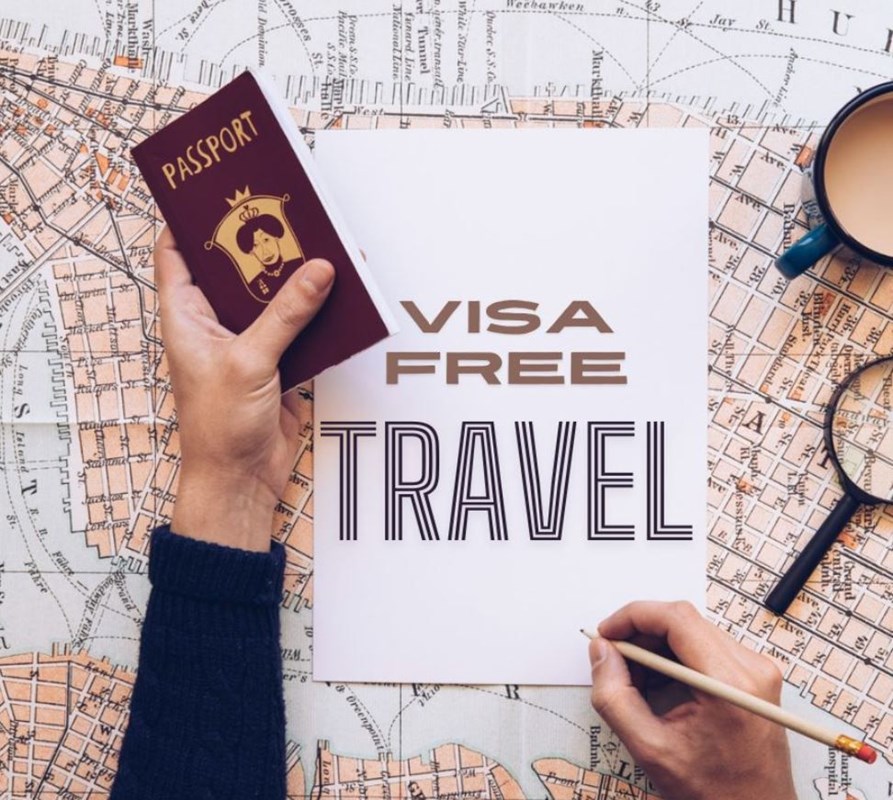Top 10 African Passports with the Most Visa-Free Destinations: October 2025 Power Rankings Website
In today’s globalised world, a passport represents far more than a simple travel document. It embodies freedom, mobility, and access, symbolising a nation’s diplomatic influence, economic strength, and global integration. For Africans, the strength of their passport increasingly mirrors their country’s standing on the international stage.
The ease or difficulty with which citizens can cross borders often determines their ability to pursue business ventures, academic opportunities, or personal travel without being hindered by lengthy visa processes.
Africa’s Mixed Passport Power
Across Africa, passport strength tells a compelling story of diversity and contrast. Some nations have achieved remarkable global mobility through diplomacy, stability, and strategic partnerships, while others remain constrained by political or security challenges.
Leading the continent once again is Seychelles, whose passport offers visa-free or visa-on-arrival access to 156 destinations, placing it 20th globally. This achievement reflects the country’s strong diplomatic ties, stable governance, and sustained international engagement as a trusted partner in the Indian Ocean region.
Mauritius follows closely, maintaining its reputation for openness and international cooperation with access to over 140 destinations. Both island nations illustrate how small states, through consistent diplomacy and economic partnerships, can deliver exceptional mobility benefits for their citizens.
In contrast, larger African economies such as South Africa and Morocco continue to make incremental gains but remain outside the top global tiers because of complex visa reciprocity arrangements with major regions such as the European Union and North America.
Governance, Stability, and Mobility
The performance of African passports is closely tied to the continent’s broader geopolitical and economic realities. Countries with stable political systems, robust economies, and active participation in multilateral agreements generally negotiate stronger travel arrangements.
The result is a positive feedback loop in which increased travel freedom enhances business connectivity, tourism, and educational exchange, all of which, in turn, strengthen diplomatic relations.
Conversely, nations affected by instability, conflict, or limited international engagement, such as Somalia or Sudan, find themselves near the bottom of global rankings, showing the deep connection between domestic governance and international mobility.
Looking Ahead: Regional Integration
The disparity among African passports also reflects historical and structural influences, from colonial legacies to contemporary regional cooperation efforts. While Seychelles and Mauritius enjoy access comparable to some European countries, others still face widespread travel restrictions.
Initiatives within the African Union, particularly the push for continental visa liberalisation and the Free Movement of Persons Protocol, are slowly transforming intra-African mobility. Although progress remains uneven, countries that embrace open-border policies tend to foster reciprocal arrangements, gradually improving their citizens’ travel freedom.
The table below provides a snapshot of the Top 10 African passports with the most visa-free and visa-on-arrival destinations as of October 2025, based on the latest rankings from PassportIndex.org.
10 African Passports with the Most Visa-Free Destinations
| Rank | Country | Global Rank | Visa-Free | Visa-on-Arrival |
|---|---|---|---|---|
| 1 | Seychelles | 20 | 104 | 45 |
| 2 | Mauritius | 24 | 101 | 40 |
| 3 | South Africa | 43 | 63 | 47 |
| 4 | Botswana | 59 | 52 | 34 |
| 5 | Morocco | 60 | 43 | 42 |
| 6 | Lesotho | 61 | 47 | 35 |
| 7 | Eswatini | 62 | 46 | 35 |
| 8 | Namibia | 63 | 45 | 35 |
| 9 | Malawi | 63 | 44 | 36 |
| 10 | Kenya | 64 | 40 | 38 |
Source: Pulse Ghana








